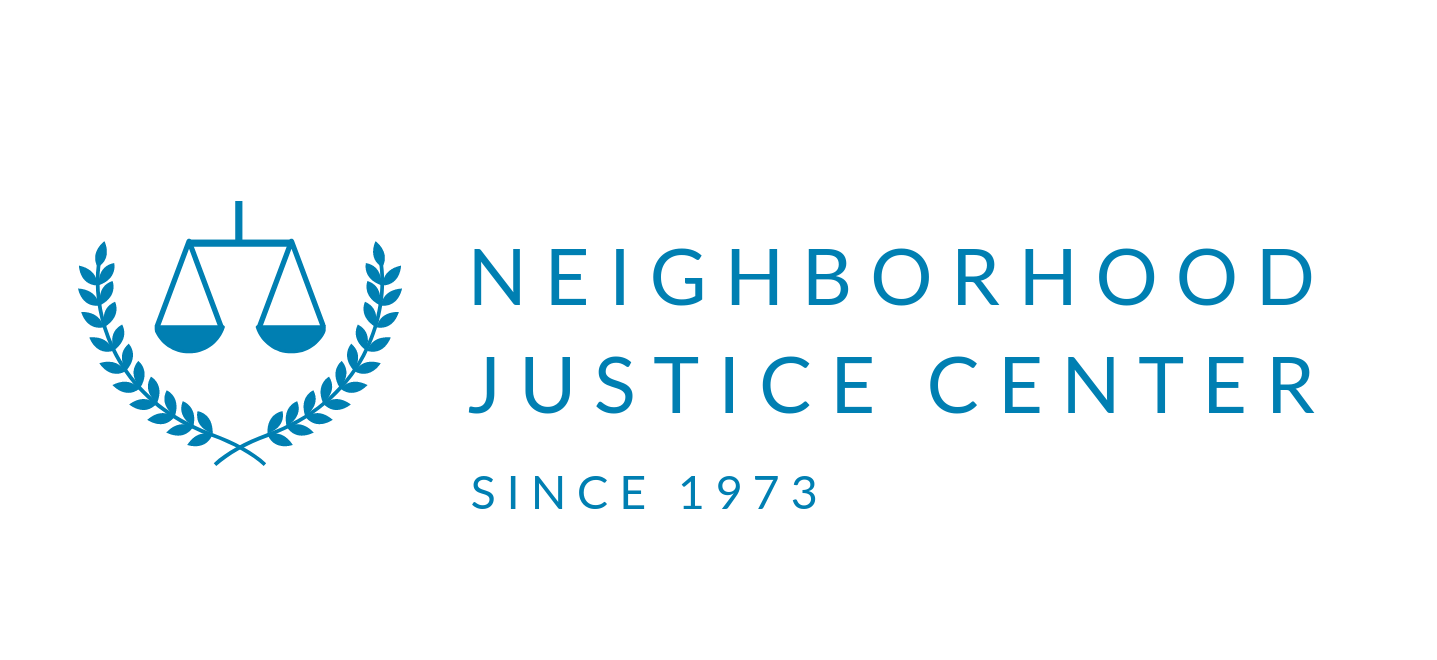Who owns what? Understanding the meaning of “personal property” in Criminal Law
Personal property isn’t always exactly personal…
A recent Minnesota Supreme Court case, State v. Bowen, 921 N.W.2d 763 (Minn. 2019), explains why.
In Bowen, a disgruntled customer, Mr. Bowen, returned to a St. Paul liquor store after having been asked to leave earlier. Mr. Bowen threw merchandise on the floor, took a bottle of brandy and physically assaulted the store manager as he left the store.
Generally, a prosecutor can charge a person in Minnesota with “simple robbery” if they non-consensually take personal property from another while using or threatening to use force.
In Bowen, a jury ultimately convicted Mr. Bowen of simple robbery. However, on appeal, Mr. Bowen asserted that he could not be guilty of the offense because the store manager did not personally own the bottle of alcohol that he had taken. Rather, his legal team argued that the noun “property” was modified by the adjective “personal,” and therefore, the phrase “personal property” meant property owned specifically by a person.
The State, however, asked the Court to consider the phrase “personal property” as any type of property that is not real property (like buildings and homes) without regard for whether it is owned by a human being or a business entity.
Presented with these arguments, the Court compared the modern legal definition of the phrase with its historic legal definition at the time the legislator originally enacted the simple robbery statute. The Court also looked at how the phrase had been applied in other cases dating as far back as 1917.
Unfortunately for Mr. Bowen, the Court determined the phrase “personal property” had long ago taken on the State’s argued meaning. Property does not need to link back to a particular person in order to be considered personal.
The analysis used by the Court demonstrates the oftentimes complex nature of criminal law interpretation. Attorneys must look at terms and phrases under both their everyday meaning and their possible legal definition. The two might not always line up.
NJC is here to help you navigate the court system in Minnesota and explain sometimes confusing legal terms so you can understand your rights and feel knowledgeable about the process. Contact us for help.

